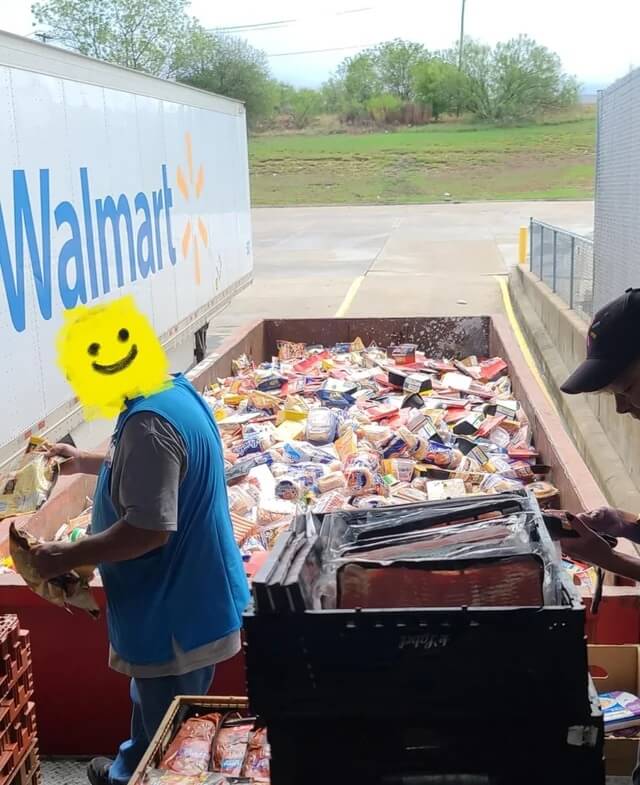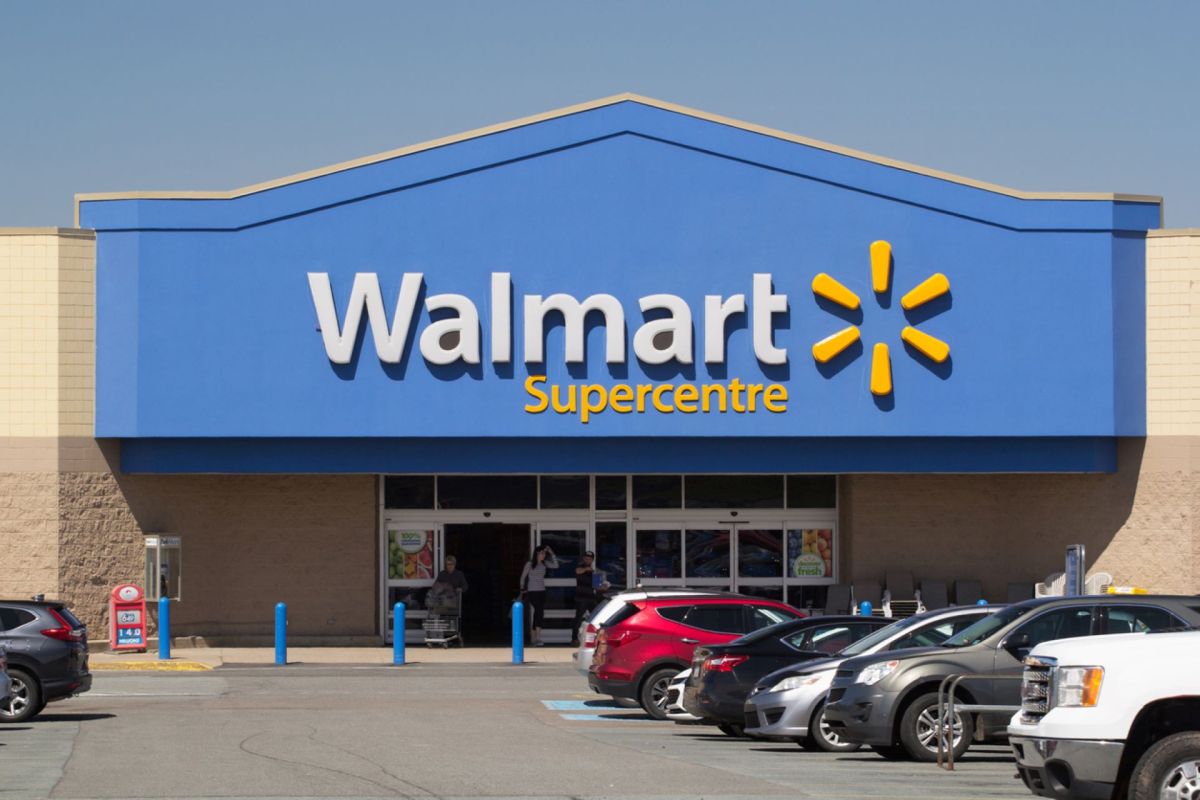One electrician's mistake had devastating consequences in a Walmart, where a truckload of frozen food went to waste.
A Walmart employee voiced their distress about the incident on Reddit, posting a photo of a dumpster overflowing with frozen and refrigerated goods. They described how an electrician cut the wrong cable in the store, causing a power loss that shut down its fridges and freezers.
"Everything cold or frozen had to be tossed," they wrote in a caption. "I can't imagine the cost for it all."

This was a blow to an industry that's already guilty of throwing out masses of surplus food. Of all the food the U.S. trashes each year, 30% comes from supermarkets — totaling 9.6 billion pounds.
According to the food bank network Feeding America, each of their meals equates to 1.2 pounds, which would mean grocery stores throw out roughly 8 billion meals a year.
That's an astronomical number, especially given that 40 million Americans currently rely on food banks — a number that continues to increase as households deal with rising inflation.
Food banks are struggling to meet that demand, with Feeding America in 2022 reporting a 7% drop in donations from the public. Soaring food prices have led some agencies to buy less food.
This amount of food waste also has damaging consequences for the planet. Rotting food in landfills produces methane, which has more potent atmosphere-warming effects than carbon dioxide. In the U.S., food waste emits pollution on the same scale as 32.6 million cars.
Diverting food from supermarkets could be an easy win in the fight against hunger and climate change — as one Kroger in North Little Rock, Arkansas, did when they also lost power. Over two days, the nearby Arkansas Foodbank recovered 76,833 pounds of food.
And when fridges at a Trader Joe's broke in Louisiana while the local food banks were shut, they simply gave their perishable goods to customers for free.
This was only possible because both stores acted fast. Hamburgers, for example, can be stored for 1-2 days at temperatures below 40 degrees. Beyond that, they may not be safe to eat.
"I am fully aware of the health codes and their necessity but it would seem that there should be some way at least some of the food could be donated to a food bank," one Redditor wrote in response to the original post.
"Dairy and meat probably not but I see at least 5 packages of bagels? Those aren't going to make anyone sick," another agreed.
"It's really too bad that when this type of thing happens a store can't call a food bank right away and tell them to come and get what they want," added another.
Join our free newsletter for cool news and actionable info that makes it easy to help yourself while helping the planet.









